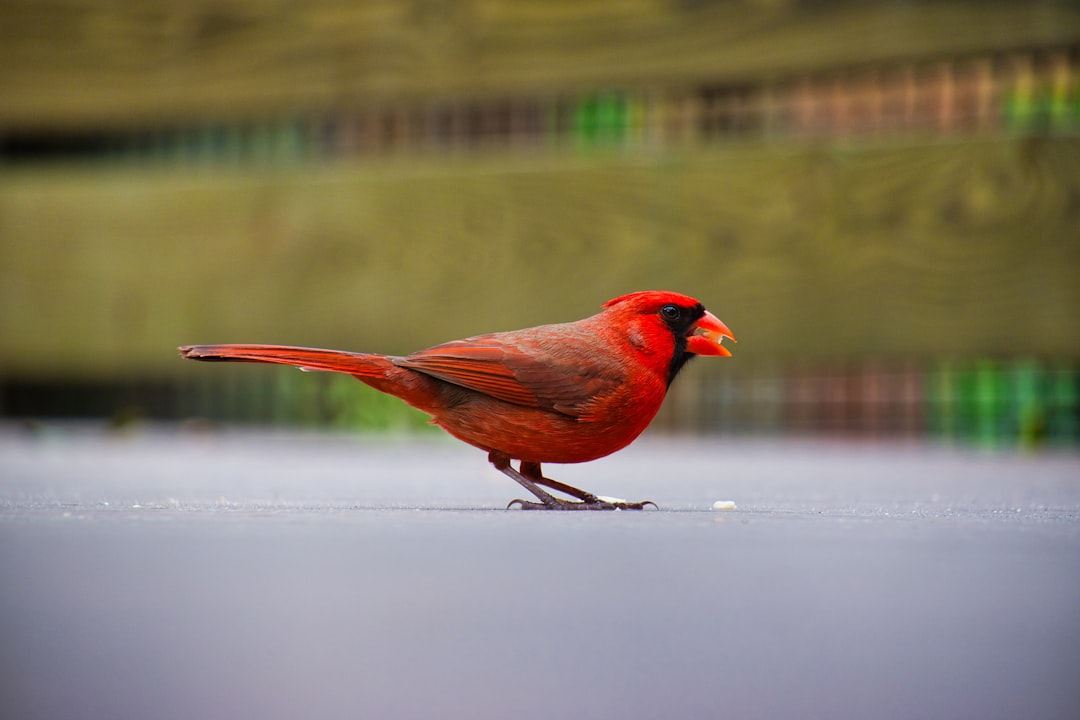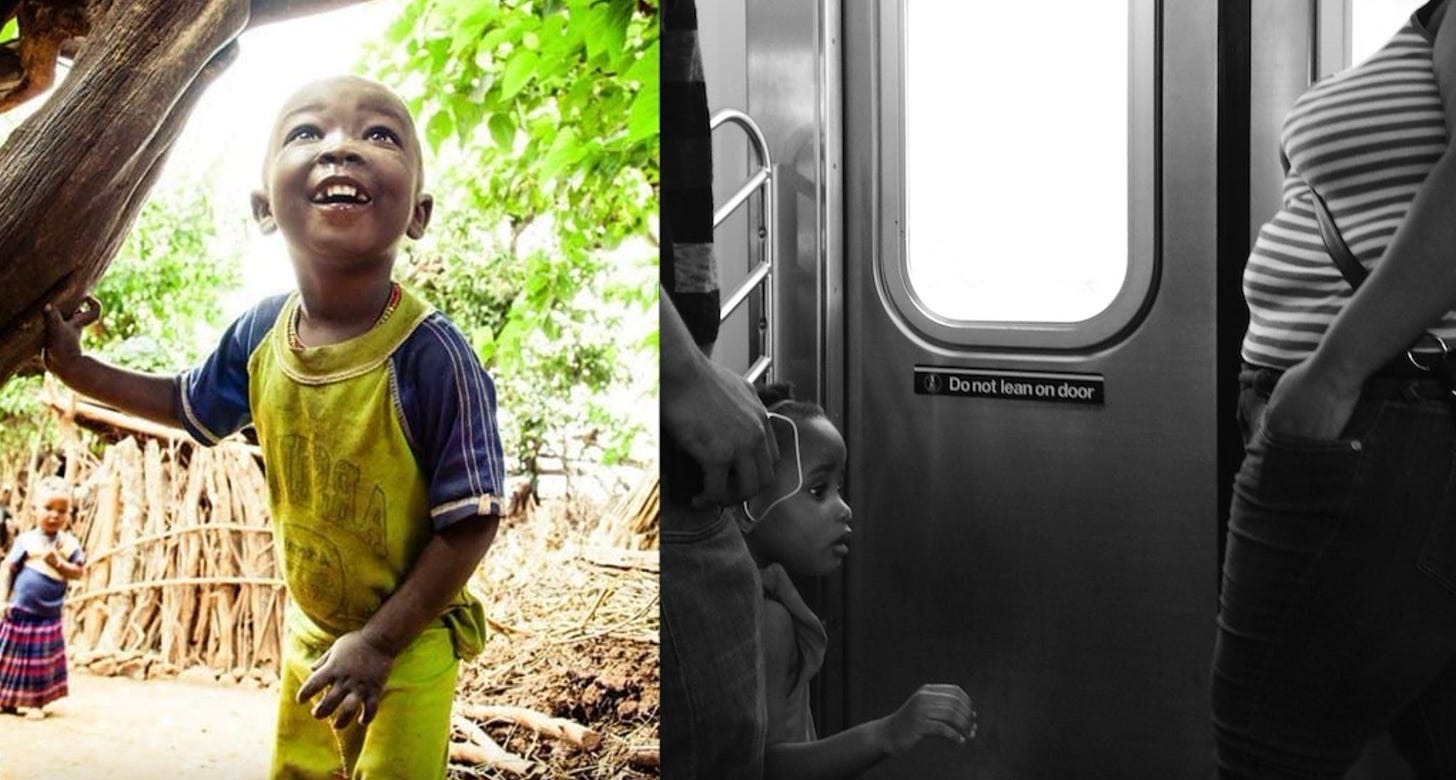I am calling from my deepest self
For love
I am calling from my deepest self
For love
I am calling from my deepest self
For love.
I am not smart
I don’t know about the future
All I have left to feel
Is breath
All I have left to give
Is love
Preamble: lamenting melancholically on domination and historical psyops
This story, written with much love, sets the context for a deeper understanding of the Great Reset. In the process, I am going to inevitably—and be-grudg-ing-ly—step onto some popular talking points, but only for the defense of love. I feel good about all of us being different and processing reality in our own ways.
First, let me get this out of the way. Sometimes people just make stuff up or misinterpret things and ascribe their opinions of reality straight to the higher powers.
It is a very confusing and troublesome situation. Yes, there is a real reality (in this time and place, anyway, and many realities outside of that). Yes, there are higher powers. Yes, it’s all love, and we come from love. Yes, it is all so beautiful that if we only paid attention to the beauty as opposed to just the blinding super-squeeze we are in, we’d be awe-struck most of the time.
Yes, in this world, there are positive forces and negative forces. Yes, there are helpers and tricksters. But in all seriousness, how can any human being believe in one’s right to dominate other people based on one’s allegedly exclusive ownership of God’s will, science, or public good? That I find more than a little ridiculous, and I keep finding it more than a little ridiculous as time goes by. Time goes by, and my opinion of this as ridiculous doesn’t change.
Looking at history, it seems to work like this. People living under domination, out of not knowing what to do with the very real pain resulting from that circumstance, have been transforming the experience of pain—by the way, with some significant help from dark-hearted tricksters who have been driving the domination in the first place—into suspecting and demonizing entire groups of people and knowledge systems that felt foreign (and thus, on a sensory level, potentially dangerous) to their group. Be it the “antivaxxers,” or the “pagans,” or the “dirty” ethic groups, or the followers of “other” religions, or just the weird--looking people from that other village that talk funny and make no sense at all, etc.
By the way, here is a funny thing, “Antivaxxers” are really just proponents of bodily autonomy who are aware of the abysmal track record of the pharmaceutical giants—and the Latin word “paganus” just means “a rural dweller” (a “village yokel,” so to speak)—and so demonizing the “pagani” was really just a way of the Roman super elites to consolidate their political power.
Demonizing the “pagani,” historically, was a way of the political and spiritual predecessors of the WEF to arrange for an “own nothing and be happy” situation for anyone who didn’t go along with the power consolidation program of the day. Yes, it is that cynical. Very Schwabian. Very Hitleresque. As a result, our ancestors—our blood, wherever we come from—were intentionally and darkly—and then just ignorantly—demonized. How do you feel about your family members, your direct blood from maybe thousands of years ago, intentionally demonized by the same elites that are demonizing you today? (And on similar grounds (“ignorant,” “backward,” “extremely dangerous to society,,” and “too free”).
This of course is the dialogue I am having every now and then. I bring up the beauty of shedding all dogmas and connecting to our mystery from the inside … and sometimes, people say in response that the truth can be only grafted onto our imperfect selves from the outside, by accepting the literal meaning of the written word. Then I ask, “But how do we, human beings, know what we think we know?” And sometimes, in response, they say, “I know I am right because my institutional people from a long time ago said so.”
On my end, however, I am an institutional cynic. I just don’t think that any institutional people were any more trustworthy at any point in time than they are right now. Plus, once you start digging a little deeper into historical literature, the question of epistemology and psyops does come up. But most importantly, I really trust the actual voice of my soul a lot more than I trust any printed suggestions, and so I stick to what rings true to my soul, while letting others rely on whatever makes sense to them. I think it is fair. And I am probably going to have this dialogue for as long as I breathe because I care about the truth, and I want this world to heal, and there is nothing in my heart but love, regardless of any opinions or any agreement or disagreement, and so on. Love is really the only thing I know.
The way I think about all this both happy and melancholic. We are all temporary travelers in this life. And in this jungle of messes and egos, all of us need kindness, compassion, and support—in large amounts. Kindness helps us carry on. And so, I care a lot more about the kindness than about the talking points of any kind.
And, as far as ideas—our ideas will inevitably gain a lot more clarity in due time, once we leave this world. When that happens, we’ll look back and perhaps have a hearty laugh at what we believed to be true or perhaps regret the missed opportunities to bring upon love. But in any case, regardless of our possible future regrets and giggles, we will probably have a much better idea about existential matters than we have today—so, there is no point in arguing about that here. There are plenty of open opportunities to just give love.
And besides, there will inevitably come a day when not only our own life on Earth will complete—but this entire world, the Earth, will complete its life cycle and fade away. When the latter happens, millions of years from now, perhaps, all of this—and I mean all of this, our forests, our mountains, our history, our ideas, our petty disagreements, our wars, and our heroic feats will be but a dream. And all we will remember in our spirits will be this overwhelming beauty of the world that was, the overwhelming beauty that’s been sitting right in front of our noses during even the messiest times. And we will know that the really important things were the love, the affection, the healing, the creation, the spiritual togetherness, full aliveness and standing up straight, and just life for the sake of life—the most magical gift.
Knowing that we are not here forever, doesn’t it make sense to give all our love from the full heart, while we can?
On the nature of good and evil
To my personal senses, the nature of good and evil is very complex and extremely simple at the same time. In relative terms, evil is real. In absolute terms (meaning “usefulness” and the “general right to exist”), there is no evil as everything that exists serves a purpose. For example, trickster actors provide the circumstance for us to use our free will, and pain-producing actors serve as triggers of our courage and educational tools.
From the practical, visceral, first-person perspective, “good” means resonant energy, the energy the protects, supports, and nourishes the person. From that same first-person perspective, “evil” is hostile energy, the energy that destroys, destructs, undermines one’s power and distract the person from his or her life’s purpose.
I believe that those generating pain and destruction knowingly are responsible for what they do in full—however, the way life works, horrible things eventually transform into light.
Some amount of pain is a part of the deal, it helps us learn about how to heal the pain, and ground the senses, and grow our souls. No pain at all can lead to complacency and a lack of alertness—but too much pain can lead to bad damage. So, the answer to most questions is Confucian: balance. It’s about balance.
On a side note though, when human beings appoint themselves to be the distributors of pain for the sake of causing pain, or oppression, or theft, they walk on the “evil” side. It is particularly ironic when human beings do so proudly, in the name of “our good God.”
Personally, I am subscribed to the legend underlying many pre-state-theology cultures, according to which we all come to this world with a purpose. How all different purposes of all different people form a bigger picture is beyond our understanding but we come here with a purpose, fully equipped to fulfill it. According to that worldview, we select our purpose, in our good mind, while we hang out in our more durable form at a place that some modern cultures call “heaven” and some older cultures call by other names.
You can see that place sometimes in people’s eyes, when they are happy. You can see that place in the eyes of radiant babies. You can feel that place in good relationships. When you see it, you feel like you got a telegram from home, every cell of your body gets soaked in the purest love as you float through the perfect dimension—and get nourished—for no reason other than that you exist, and you are important.
I am also subscribed to the notion that before we come here, our purpose here on Earth gets approved. We don’t come here without support even though we may sometimes feel naked and desperate due to the fact that so many people in the world do random things instead of doing their job.
Earth is a place where we experience free will in earnest, which is to say, we can choose the right thing or the wrong thing. Our choices have consequences according to physical and spiritual physics but we can still choose the right thing or the wrong thing. That is the mysterious, very mysterious beauty of how we live.
Following the legend, having the ability to choose from the inside is the reason that when we are born, we forget all about that place that some modern cultures call “heaven” and some older cultures call by other names. We forget it due to the trauma of being dragged through birth and being tossed out of a perfect place into this very befuddling world—and then it becomes about remembering where we came from and why, and, most importantly, about keeping our word, i.e. doing our special job.
Therefore, on the individual level, “good” done by the person is anything that’s aligned with the person’s chosen path—and “good” done to the person is anything that helps the person keep one’s word. There is of course also a more traditional definition of “good,” which is “all sweet things.”
And then “evil” would be the opposite of “good.”
Here is a quote from the article I wrote on the Anatomy of Forgiveness. Evidently, I think about this a lot.
What do the words “good” and “evil” mean? There are lots of institutional baggage in this regard but I am only half-joking when I say it’s a simple thing. “Good” is all forces that support our wholesomeness and well-being, whether it’s in the physical realm or in the spiritual realm. “Evil” is all forces whose interests are in direct contradiction with ours. It doesn’t matter if the harm is the goal or the byproduct of their ways. The key feature is the contradiction in needs, for the lack of a better word.
For example, from the point of view of a mosquito, people are food, and a person trying to kill it are an evil force. We, however, feel very little remorse when killing a buzzing bug. We may actively hate the mosquito we are squashing, or feel sorry for the thing—but from our standpoint, the mosquito has no right to eat us, and so we squash it with no remorse. Similarly, when a tiger eats a person, the tigers is just feeding on its prey, no hatred involved. Similarly, when a hostile pathogen kills a mammal, it is simply going about its business in its habitual way.
Similarly, a human predator is a person whose existential purpose is to awaken us through putting us in great danger and thus making alertness and aliveness of the soul urgent vital tasks.
(On a side note, there is a really enlightening concept that I learned about from my conversations with Steven Newcomb, which is “prey naiveté.” Prey naiveté is a term that refers to the unfamiliarity of prey animals with a new predator that has been “imported” to their habitat from another place. How perfectly does this term apply to a human being trusting the authorities simply because he has not yet seen the “face of the machine”? Rather perfectly, I’d say!)
Therefore, when it comes to true born predators who view us as prey, I don’t see a potential for “soulful closure” in this lifetime since their goals remain the opposite of ours---and reconciliation is perhaps reserved for another world. I believe that a reconciliation eventually comes but this is very much outside of our current scope, so for practical purposes, the best strategy, to my senses, is to not freak out, not be afraid, not allow one’s pain to take hold—but figure out the ways to protect ourselves—with a prayer for protection the way it makes sense for us to pray, and carry them out.
Note to readers: If you are in the position to do so, I encourage you to become a paid subscriber or donate. I love you in any case, but it helps A LOT. Thank you from my heart for your support!






No, no, there is no going back.
Less and less you are
that possibility you were.
More and more you have become
those lives and deaths
that have belonged to you.
You have become a sort of grave
containing much that was
and is no more in time, beloved
then, now, and always.
And so you have become a sort of tree
standing over the grave.
Now more than ever you can be
generous toward each day
that comes, young, to disappear
forever, and yet remain
unaging in the mind.
Every day you have less reason
not to give yourself away.
~ Wendell Berry ~
so glad you link back to the good stuff from 2020. i copied/pasted a bunch of stuff but it's on another machine. "Comfort is amazing but it’s only good in balance with joy." damn!
maybe i should just go through your archives, steal all the best lines and make them into a song. you get credit of course...